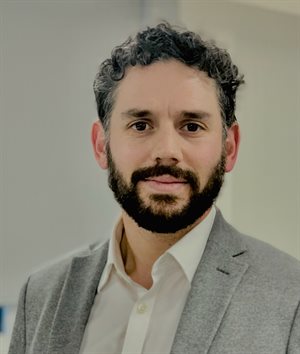Tom McNeil
The cost of crime and deliberative democracy: a persuasive frame for developmental crime prevention in an age of austerity.
Supervisors: Professor Simon Pemberton & Dr Anna Kotova

The existing cost of crime literature takes an econometric approach to understanding the financial impact of crime in society. A separate body of scholarly inquiry looks at the persuasive effect of framing issues, including frames within publiccriminal justice debates. Against a background of economic austerity within the UK and the case for increased public investment, this research seeks to combine, in an original way, cost of crime findings with academic literature discussing the process and value of deliberative democracy. It also seeks to be original empirically, for researching the persuasiveness of a costs of crime frame within a deliberative democratic model.
Biography
Outside of his PhD studies, Tom is a lawyer and is the Strategic Adviser to the West Midlands Police & Crime Commissioner. As well as being on the Commissioner’s Strategic Board, he sits on a range of other public sector strategic boards in the West Midlands around crime prevention, public service reform, children’s services and social care.
After graduating with degrees from Durham University and Cambridge University he started his career as a commercial lawyer; later becoming a charity law specialist advising leading charities and social enterprises.
Tom is passionate about volunteering, having been a governor for an autism specialist school, a Special Constable for the Metropolitan Police, a non-executive director for a small human rights organisation, an independent visitor for children’s charity Barnardo’s and standing as a parliamentary candidate in two general elections. He is currently also a non-executive director for the National Union of Students and an Advisory Board member for the Young Foundation’s Institute for Community Studies.
Qualifications
- BA(Hons) (Durham University)
- MPhil (University of Cambridge)
Research Interests
- Deliberative democracy
- Democratic reform
- Public opinion
- Message framing
- Crime prevention (social policy orientated)
- Poverty studies
- Complex social needs
- Sociological theories of societal power dynamics
Professional Memberships
Contact details